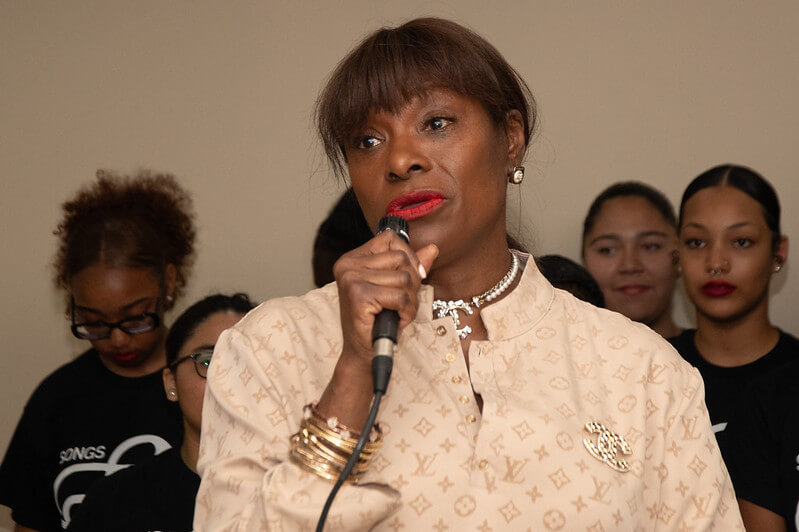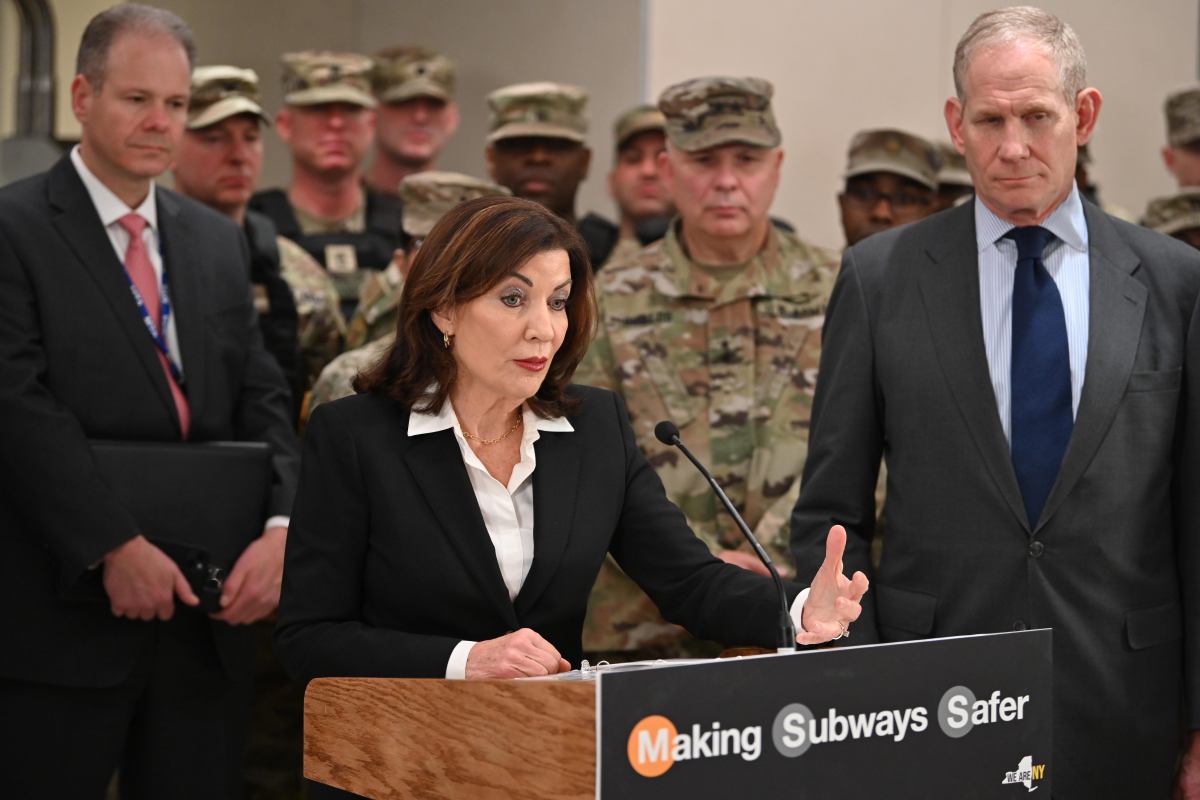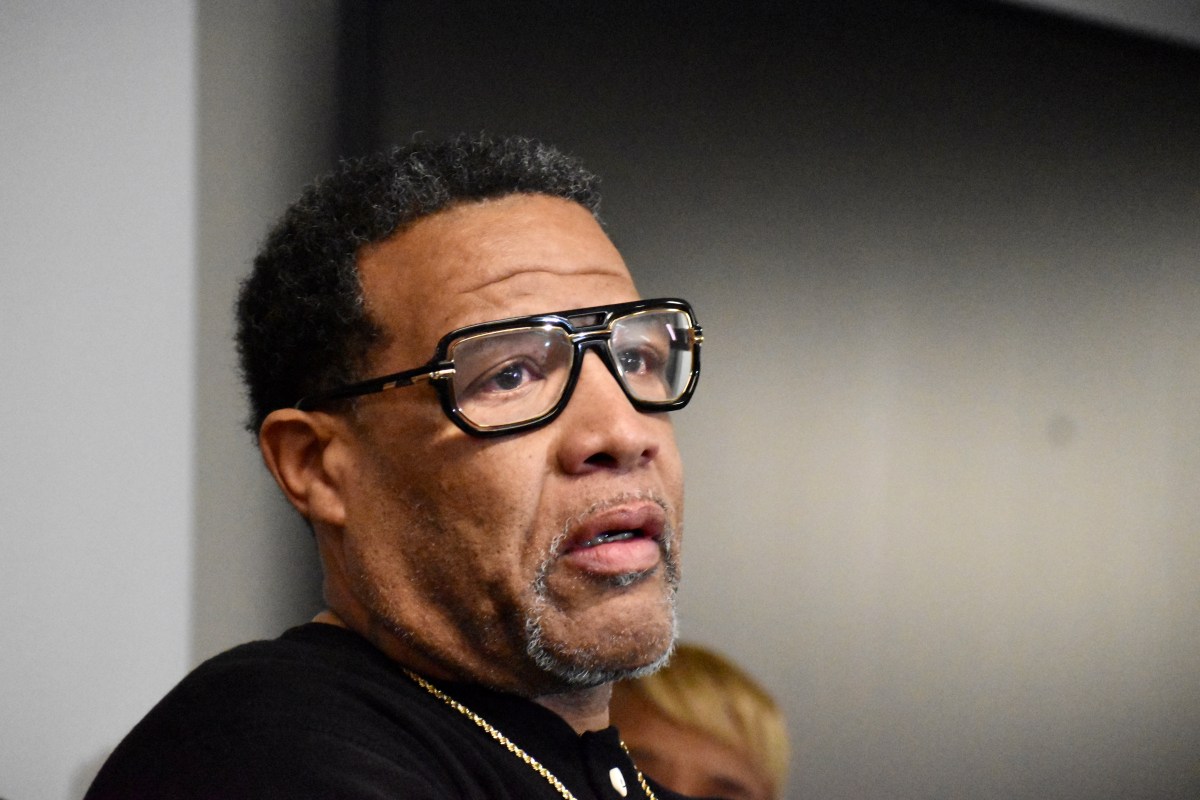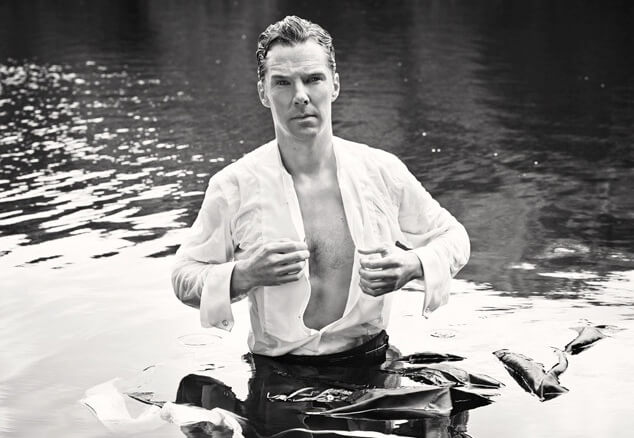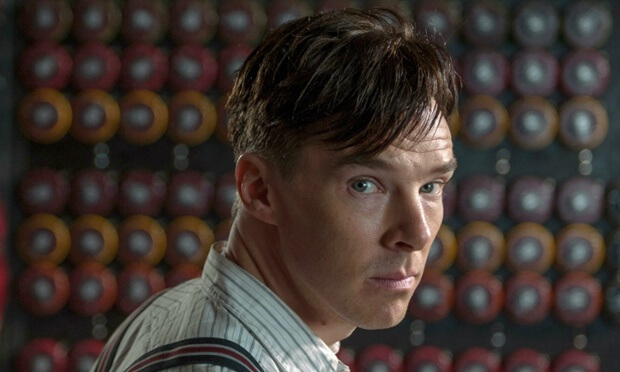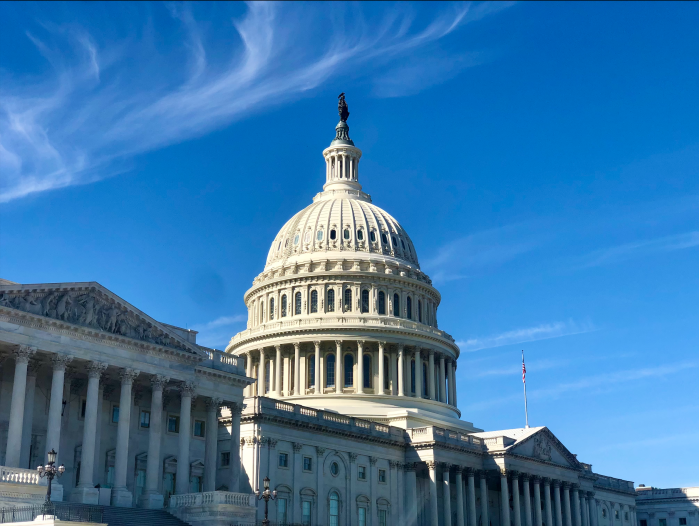Benedict Cumberbatch seems to have a type.
From Sherlock Holmes in BBC’s “Sherlock” to World War II code breaker Alan Turing in this winter’s Oscar buzz-worthy “The Imitation Game,” Cumberbatch has become synonymous with flawed but arrogant geniuses. Maybe you even remember him playing another such brilliant-but-persecuted outcast this time last year, as WikiLeaks founder Julian Assange in “The Fifth Estate.” But if that’s the only way you see Cumberbatch, then you’re not getting the whole picture.
As a young pilot with more passion than skill for flying, Cumberbatch is the earnest straight man of the BBC radio comedy “Cabin Pressure,” which will arrive at the end of its alphabetical journey with a Christmas special this month. Cumberbatch plays the overeager, rule-happy heart of a small private charter firm of one jet and a supporting castwho love him almost as much as theylove to make fun of him. Trees are never the only thing that’s shady in the English countryside; the trope was even lampooned in “Hot Fuzz.” The idea that those who go to the city are escaping something is alive and well in “Wreckers,” where a young couple return to his childhood home to start building a life together. But as soon as they arrive, Cumberbatch becomes less devoted husband and more a product of the abuse and incest that permeate the town — and possiblyhis relationship withhis brother. Over the course of Danny Boyle’s stage adaptation of “Frankenstein,” Cumberbatch’s Creature struggles with being made of human parts but knowing little of what it means to be one. The Creature rejoices and struggles with in equal measure himself, the world and his creator, veering between love and fear, leading him to the most human act of all: revenge. Cumberbatch has described his character in the World War I drama as the one he’s most attached to. Tietjens is a simple man who values tradition and lives life by the rules, in his duty as a soldier and as a husband to a manipulative Rebecca Hall (“The Prestige”). It’s a philosophy that makes his encounter with a suffragette and all that a new life with her would entail fraught with anticipation. This one made more than a few stiff upper lips quiver, and earnedCumberbatch an Emmy nod. Though “Star Trek Into Darkness” began as a seemingly straight-up story of a space-age terrorist out to do as much damage to Starfleet as he can, Cumberbatch’s villain Khan turned out to have a much more personal agenda when it was revealed that he was merely trying to free his crew, who had been imprisoned by a Starfleet officer. Cumberbatch goes from fury to tears as Khan is revealed to have been manipulated into killing in the name of keeping the peace.












